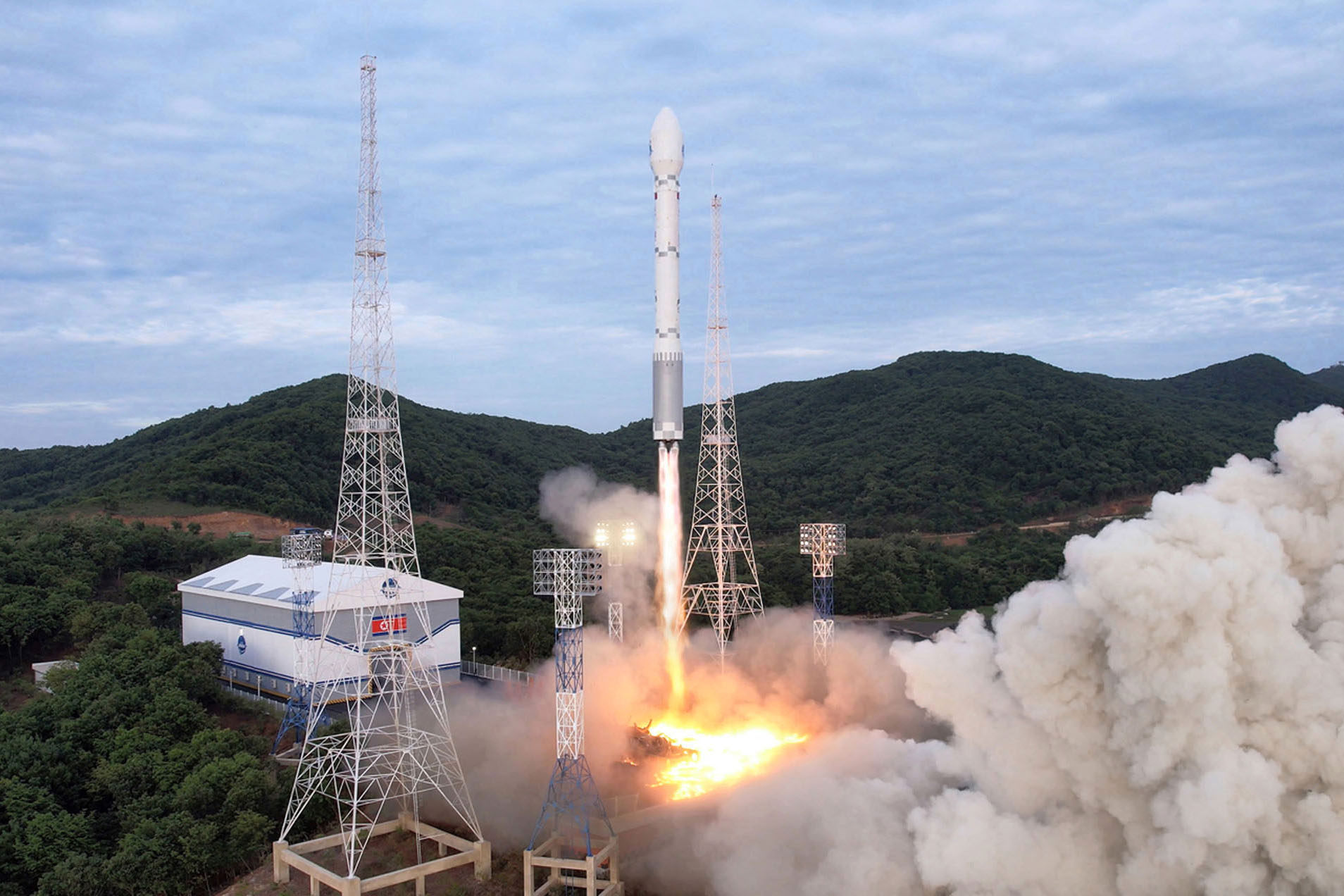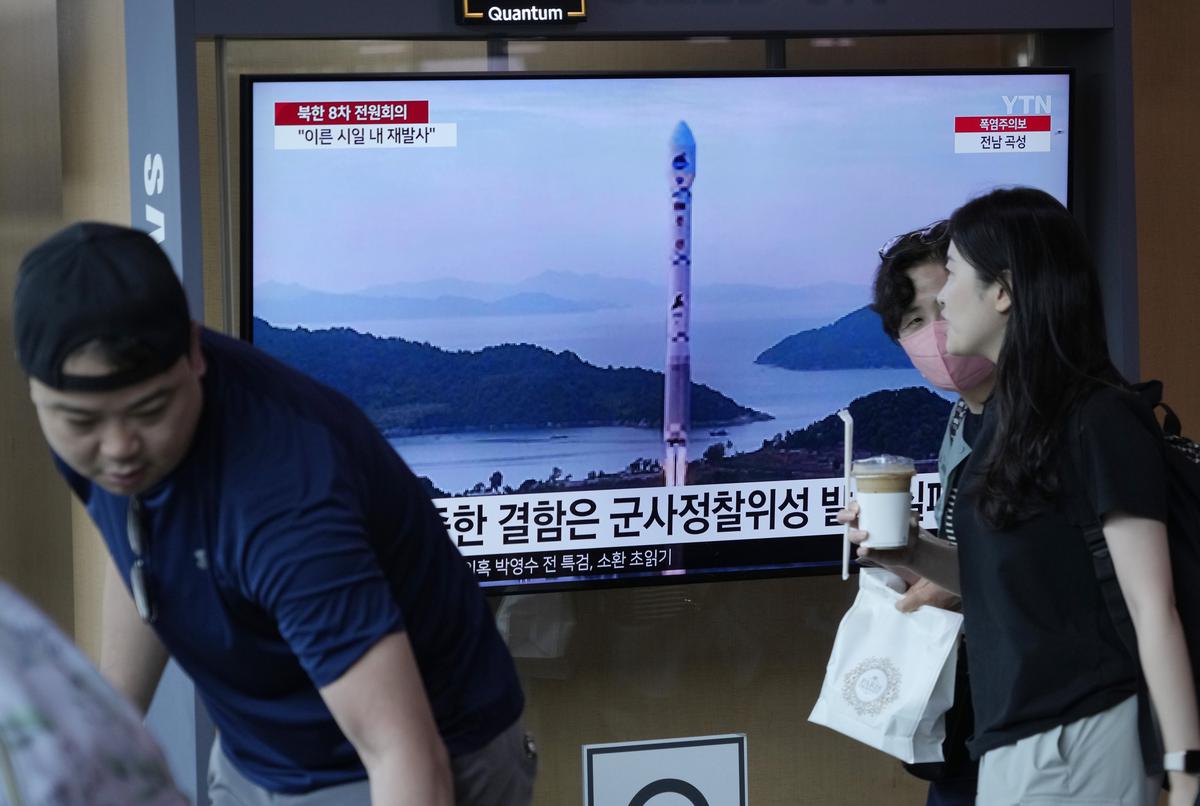North Korea calls failed spy satellite launch ‘the most serious’ shortcoming, vows second launch
North Korean officials have expressed their determination to make a second attempt to launch a spy satellite, following the failure of their initial launch. State media reported on June 19 that the country’s top officials regarded the failed launch as the most significant setback of the year and heavily criticized those responsible for the unsuccessful mission.
The failed launch took place in late May when a North Korean rocket carrying a military reconnaissance satellite crashed shortly after liftoff. This incident posed a setback to the ambitions of North Korean leader Kim Jong Un, who seeks to establish a space-based surveillance system to enhance monitoring capabilities over the United States and South Korea.
Monitoring groups focused on North Korea have not reported any purges or dismissals of scientists or individuals involved in the unsuccessful satellite launch. Despite the setback, the North Korean regime remains determined to pursue its goals in the realm of space technology and surveillance.

The development and launch of a successful spy satellite would enable North Korea to bolster its intelligence-gathering capabilities and potentially enhance its military strategies. However, the failure of the initial launch underscores the technical challenges and complexities involved in such endeavors.
While North Korea’s aspirations in space technology continue to raise concerns among the international community, it remains to be seen whether the country will succeed in future attempts to launch a spy satellite. The pursuit of such capabilities undoubtedly has geopolitical implications and can further heighten tensions in the region.
As North Korea reaffirms its commitment to advancing its space program, the world will closely monitor any future developments and the potential impact they may have on regional stability and security.

